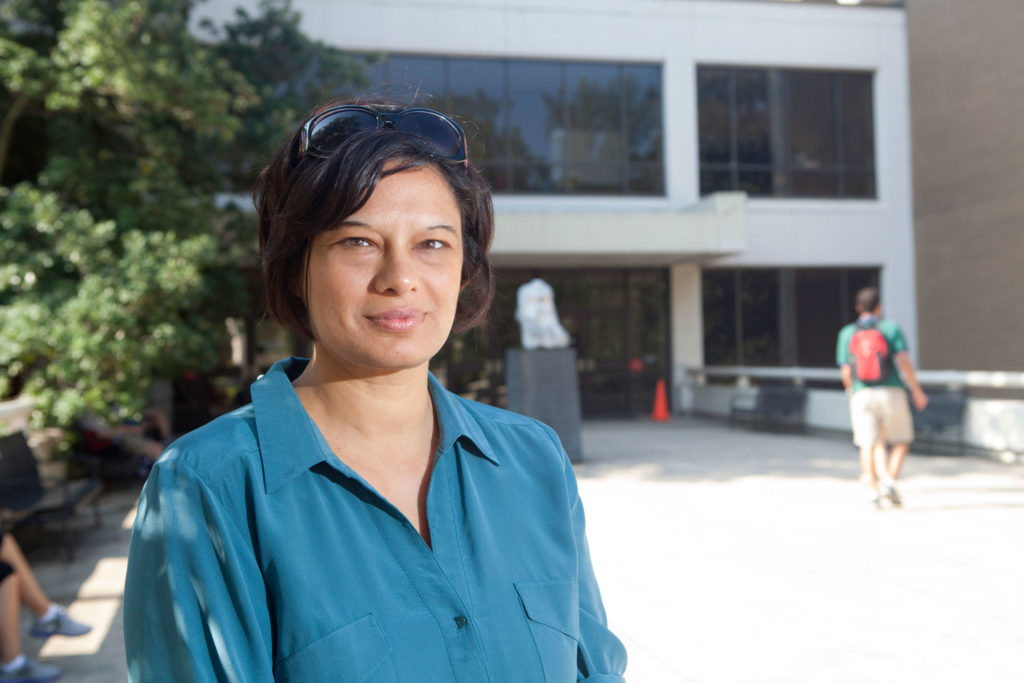UGA will join the international research community Oct. 22-28 to celebrate Open Access Week. As part of the observance, discussions will held to build awareness about open access publishing, a means of disseminating scholarly research that overturns the traditional subscription model of academic publishing by enabling scholars to share their works with few or no copyright and financial barriers.
“Open access is a big idea,” said Mariann Burright, head of science collections and scholarly communication for the UGA Libraries. “We need to consider most of the world’s research still remains locked behind licensing and fee walls exceeding the reach of many institutions and in some cases, many countries.”
Open Access Week provides opportunities for universities, research funders, libraries, nonprofits and businesses to discuss the benefits, milestones and growth opportunities for open access.
On Oct. 22, Jennifer Campbell-Meier, an assistant professor in the University of Alabama’s College of Communication and Information Studies, will discuss findings from a recent survey of USG faculty about their perception of open access publishing and use of digital repositories for teaching and research. The discussion will be held from 10-11:30 a.m. in the auditorium of the Richard B. Russell Building Special Collections Libraries.
On Oct. 24, William Kretzschmar, UGA’s Harry and Jane Willson Professor in Humanities in the English department, will discuss “Open Access to a Large Digital Humanities Project: The UGA Library and the Linguistic Atlas” from 4-5 p.m. in Room 329 of the Russell Special Collections Building.
On Oct. 26, James M. Donovan, library director and an associate professor at the University of Kentucky’s College of Law, and Carol A. Watson, director of the Law Library at UGA, will discuss “Increasing Scholarly Impact with Open Access Publishing” from 11 a.m.-noon in Classroom C of the School of Law.
The term “open access” was first coined in 2001 by the Budapest Open Access Initiative, which advocated for the open and free access to research in all fields. In 2008, the National Institutes of Health Public Access Mandate was signed into U.S. law. Under it, researchers receiving NIH grants must deposit their final, peer-reviewed manuscripts upon acceptance for publication into PubMed Central, a biomedical research database. PubMed Central gave researchers free and immediate access to research with the potential to accelerate the progress of medical and scientific discoveries, and patients and doctors have groundbreaking research discoveries freely available at their fingertips.
Although the scientific community, in particular, has led the way in providing scholarly research in the open access environment, it continues to steadily gain momentum across many fields. Today there are more than 1,200 open access journals in the U.S. alone.
Open access has come a long way in 20 years, according to Burright.
“But,” she said, “key questions are continually being explored, such as: How can it be financially sustainable? And how does it work with the promotion and tenure system?”
Open Access Week events will explore these and other questions.
